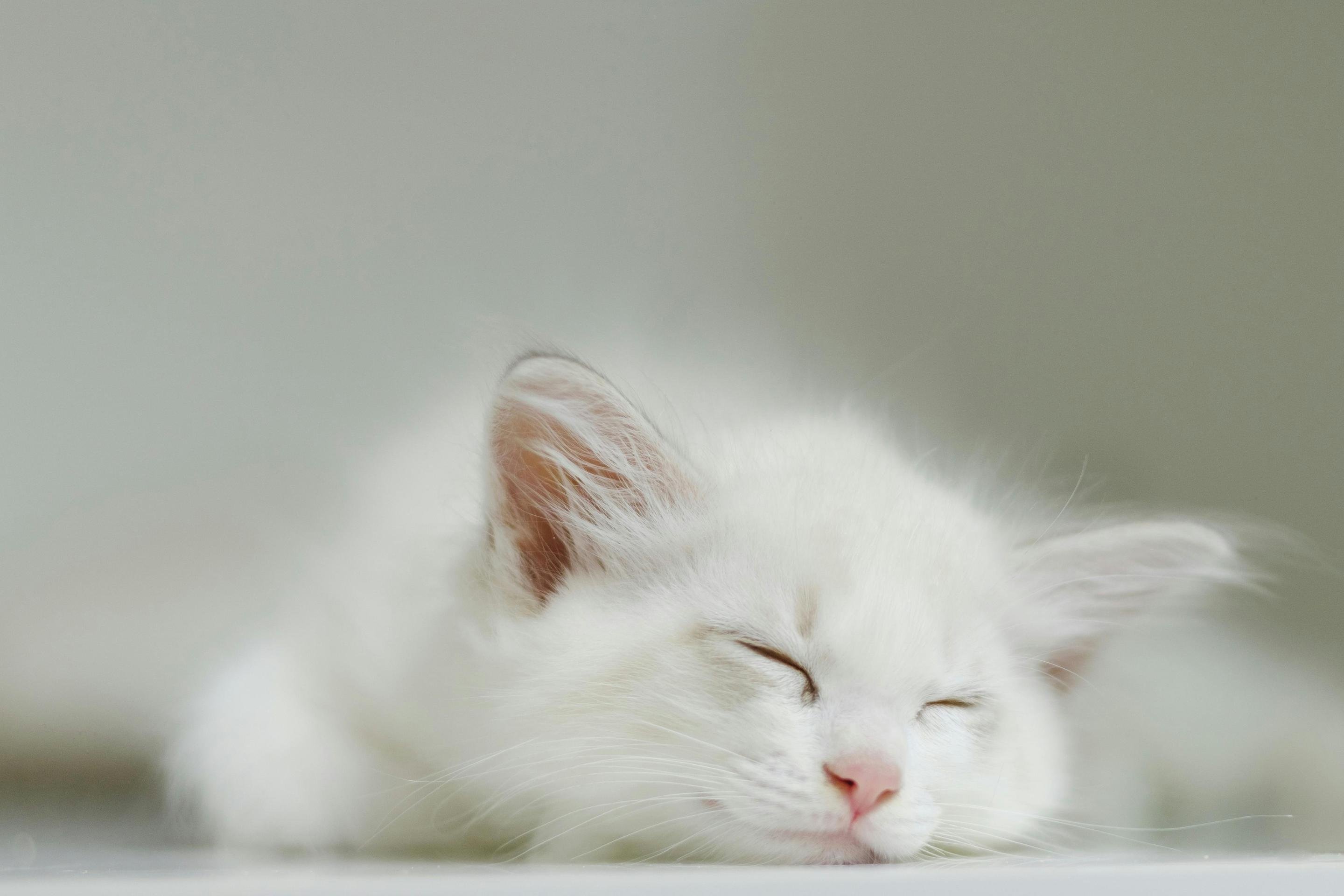As our beloved feline companions age, their needs change, and it’s essential to provide them with the best care possible. Senior cats, typically those over the age of 7, may face various health challenges, but with proper attention and love, they can live happy, healthy lives. Here are six tips for caring for your senior cat at Ingleside Animal Hospital.

1. Regular Veterinary Check-Ups
One of the most important aspects of caring for a senior cat is scheduling regular veterinary visits. Older cats are more susceptible to health issues such as kidney disease, hyperthyroidism, and arthritis. Routine check-ups allow your veterinarian to monitor your cat's health, catch any problems early, and provide vaccinations or treatments as necessary.
2. Tailored Nutrition
As cats age, their dietary needs change. Senior cats often require a diet lower in calories but higher in essential nutrients. Look for high-quality cat food specifically formulated for seniors. These diets can help manage weight, support joint health, and maintain proper hydration. Always consult your veterinarian for personalized nutritional recommendations.
3. Create a Comfortable Environment
Older cats may experience decreased mobility or arthritis, making it crucial to create a comfortable living environment. Provide soft, warm bedding in quiet areas where your cat can relax without disturbance. If your cat struggles to jump, consider providing ramps or steps to access favorite spots like windowsills or beds.
4. Monitor Weight and Activity Levels
Maintaining a healthy weight is vital for senior cats. Obesity can exacerbate health issues, while being underweight can indicate underlying problems. Regularly weigh your cat and monitor their activity levels. Encourage playtime with gentle, interactive toys to keep them mentally and physically stimulated, but be mindful of their limitations.
5. Dental Care is Essential
Dental health is often overlooked, but it plays a significant role in a senior cat’s overall well-being. Periodontal disease can lead to pain and other health complications. Incorporate dental treats, special diets, or regular teeth brushing into your cat’s routine. Your veterinarian can also provide professional cleanings as needed.
6. Provide Plenty of Love and Attention
Lastly, remember that your senior cat needs your affection and companionship now more than ever. Spend quality time together, whether it’s cuddling on the couch, gentle brushing, or playing their favorite games. Your love and attention can greatly enhance their quality of life and strengthen your bond.
Caring for a senior cat can be a rewarding experience, filled with love and companionship. By following these tips and working closely with your veterinarian at Ingleside Animal Hospital, you can help ensure your feline friend enjoys their golden years to the fullest. Your cat deserves the best!
If you have questions and you'd like to reach out to us, you can call us directly at (602) 833-7511, or you can email us at [email protected]. Don't forget to follow us on social media Facebook, Instagram.
